Biodiversity and Evolution
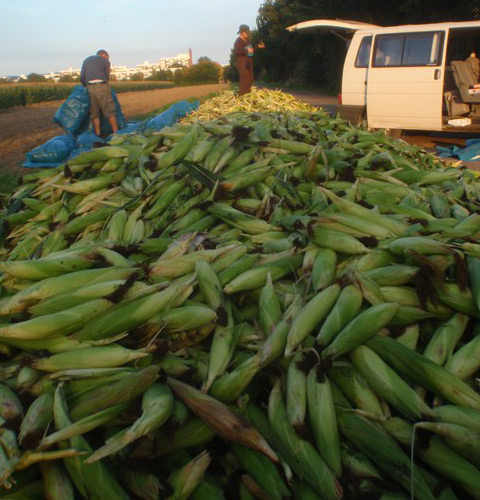

Ecology
Head: Prof. Liliane Ruess
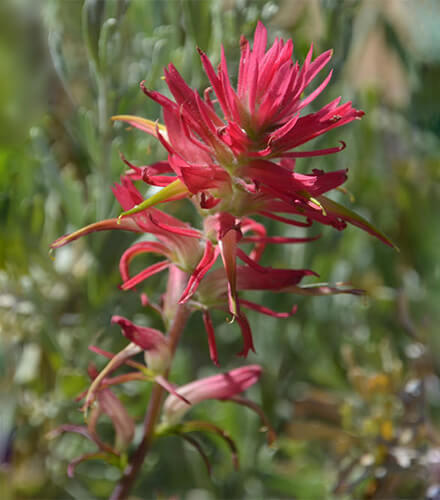

Evolution and Biodiversity of Plants
Head: N.N. komm. Leitung Prof. Kerstin Kaufmann
Located at the Späth-Arboretum, our research focuses on the study and conservation of trees and local ecosystems. We develop novel tree propagation methods, including somatic embryogenesis, to support sustainable forestry and conservation. Through HUmweltakademie and Citizen Science projects, we engage the public in gathering and sharing knowledge on urban and wild vegetation. We maintain several plant collections to preserve diversity: the living plant collection at Späth-Arboretum, herbarium specimens, and cryopreserved cell cultures of various tree species.
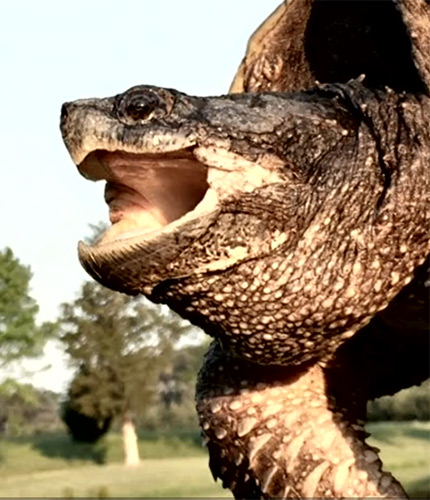

Paleobiology and Evolution
Head: Prof. Jörg Fröbisch
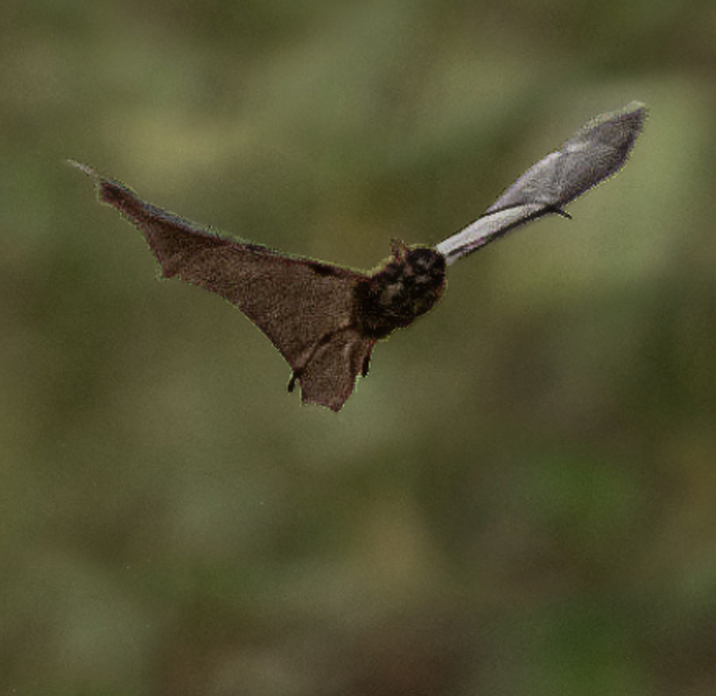

Evolutionary ethology
Head: Prof. Mirjam Knörnschild
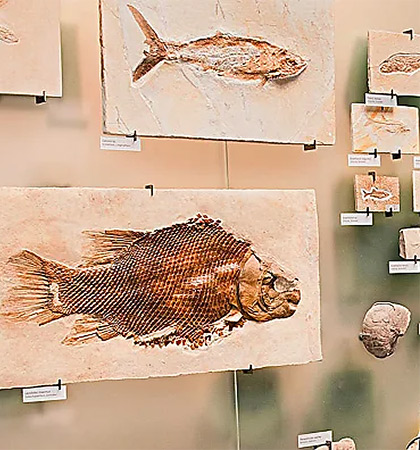
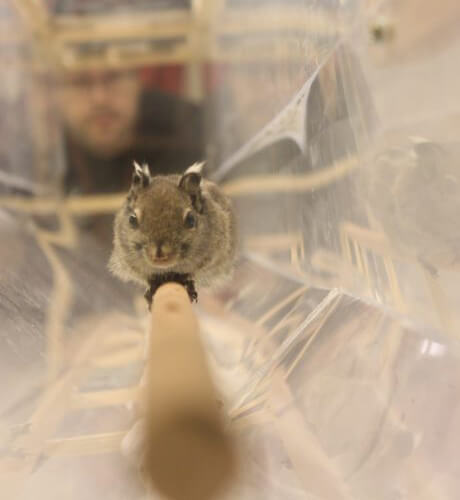

Comparative Zoology
Head: Prof. John Nyakatura
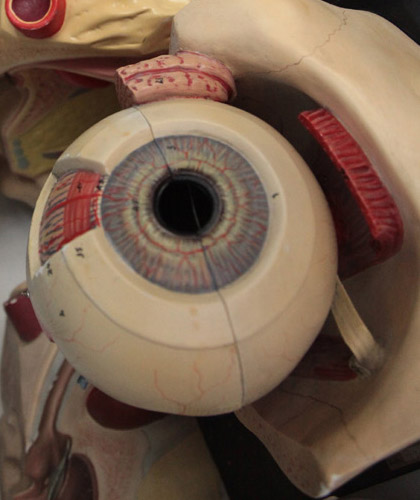

Biology Education
Head: Prof. Annette Upmeier zu Belzen
Science Communication: Citizen Science school projects, gamification in science communication.
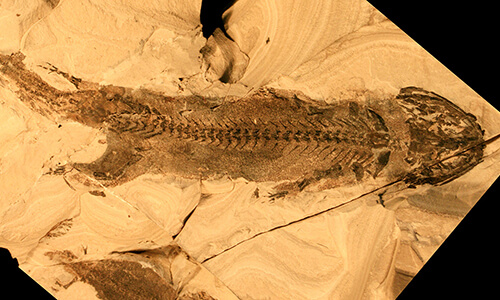

Development and Evolution
Head: Prof. Nadia Fröbisch
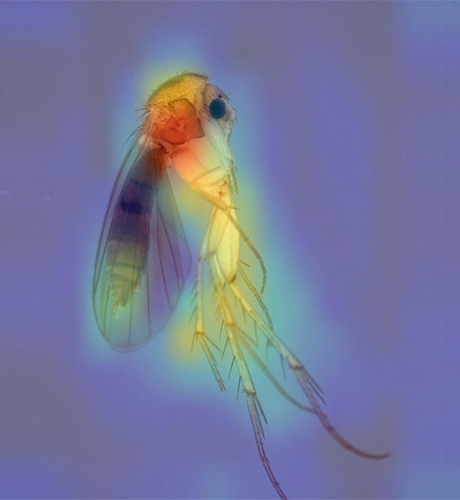

Integrative Biodiversity Discovery
Head: Prof. Rudolf Meier
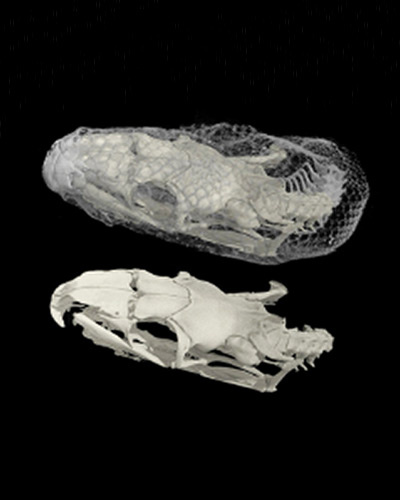

Paleozoology
Head: Prof. Johannes Müller

